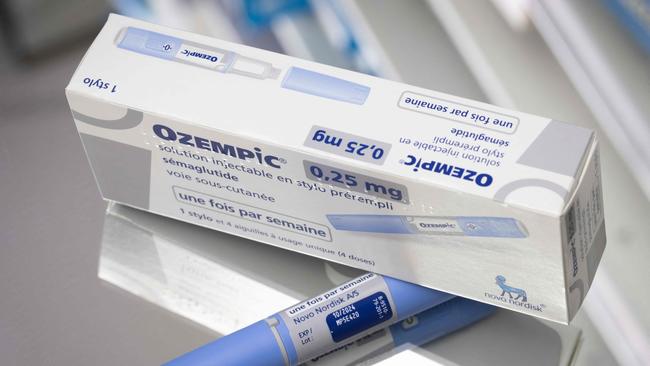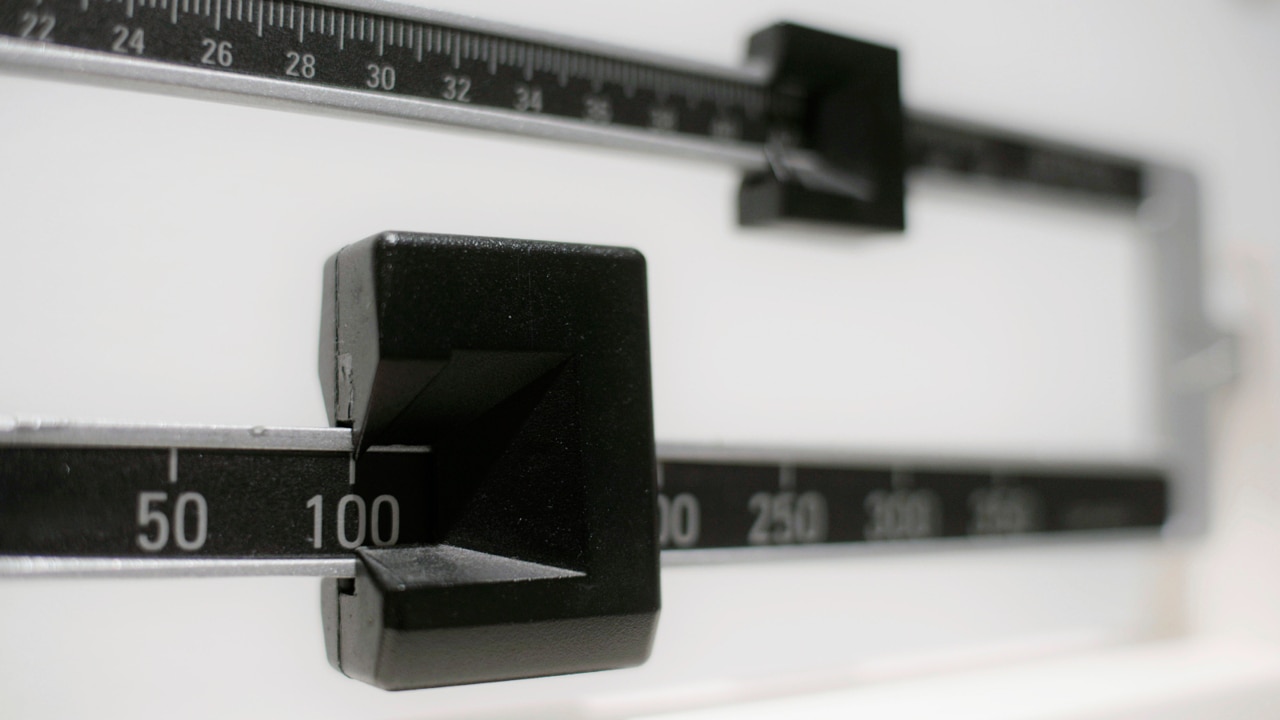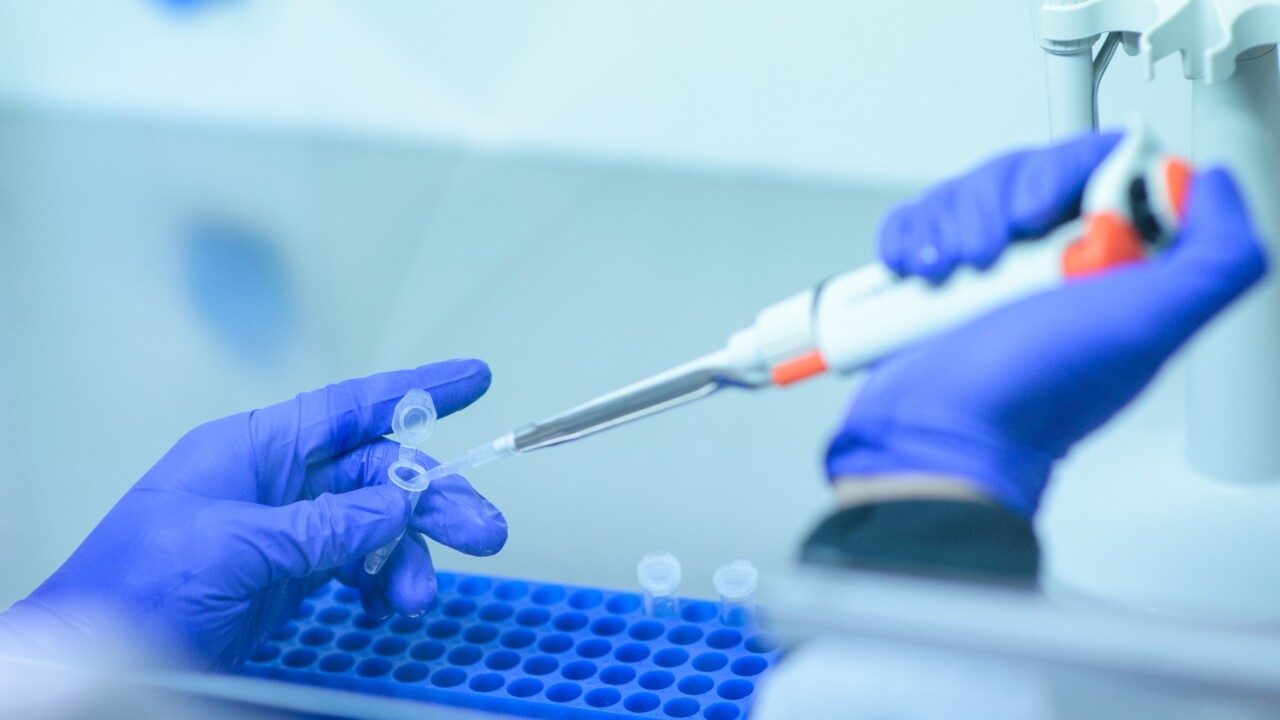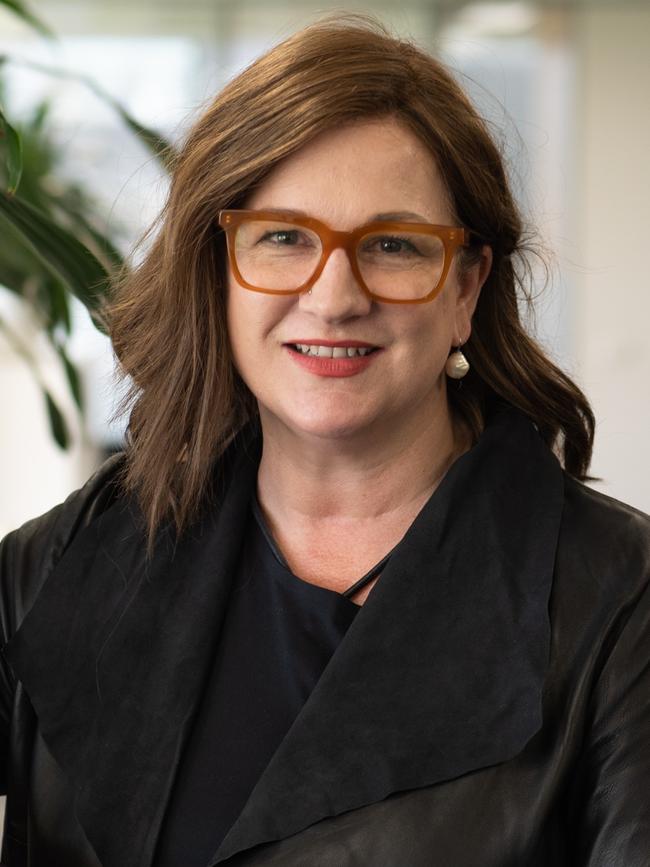Warning to Australians after WHO alert on counterfeit Ozempic overseas
A medicine expert has warned Australians to ensure Ozempic they obtain is genuine, saying knock-off products have infiltrated overseas supply chains and could be harmful.

Australians have been warned of the dangers of counterfeit Ozempic, with bogus medicines labelled a global problem, after the World Health Organisationissued an alert over fake batches of the weight-loss drug.
The WHO said fake Ozempic had been detected in England, Northern Ireland, Brazil and the US. While Australia was not mentioned in the alert, chemist and Macquarie University’s director of academic excellence Nial Wheate said a widespread Ozempic shortage had brought “bad players” into the industry and that counterfeit Ozempic was a domestic problem.
“People are turning to the black market and fake Ozempic out of desperation,” he said.
“Ozempic is a biological molecule that is much more difficult to make … the demand now could not have been predicted five years ago, it’s the first genuine treatment that works for weight loss.
The problem with counterfeit medicines are they’re made in labs that are not GMP (good manufacturing practice) … we don’t know enough. It might have other chemicals not stated in the packaging. The risk is it might not work, and it might not be safe.”

The WHO alert said that the genuine manufacturer of Ozempic, Novo Nordisk, confirmed the batches at the centre of the warning were not produced by the company. Mr Wheate said that the products may have been able to enter the regulated supply chain market through medicine diversion, a case where someone makes the counterfeit medicine, gets access to the supply chain, then substitutes their fake product for the real one.
“(It could occur through) someone in the supply chain who is meant to be reputable but is not … it could be organised crime or individual actors,” he said.
“Diverted medicines is a global problem, it can happen anywhere.
“A lot of our medicines come from overseas, but we do have robust systems for testing medicines from overseas.”
He said there were still ways people could access fake Ozempic in Australia after October 1, the date when compounding pharmacies will be banned from producing replicas of the medication.
He has also seen legitimate companies offering an alternative to the drug.
“There is way. This clamp down will help to ensure safety of patients, but it will not completely stop people,” Mr Wheate said.
“There are lots of people that are taking advantage and trying to spruik alternatives whether they’re good or not.”
Royal Australian College of General Practitioners president Nicole Higgins said that it was “exceptionally unlikely” patients in Australia using Ozempic legitimately would be impacted by the alert due to the country’s highly regulated medication system.
“It’s highly significant when the World Health Organisation comes out and warns our communities to be alert for fake drugs. This is not something the WHO does without serious consideration and it reflects the gravity of the situation,” Dr Higgins said.
“It’s exceptionally unlikely this will impact people using Ozempic legitimately in Australia. The biggest concern for Australians is taking semaglutide off-label and outside of our own regulatory processes.”

She said Australia was a world leader in medication safety.
“What this (alert) says is that there’s been such a demand for semaglutide that it’s really impacting supply and demand chains globally,” the RACGP president said.
“We’re already starting to see marketing on social media around semaglutide alternatives which sit outside our regulation that these are companies are promoting as natural … people need to go forward thinking there’s a reason we have regulations in place.”

The Pharmaceutical Society of Australia said that it was not aware of any counterfeit medicines being supplied by Australian pharmacists and that it discouraged people from sourcing medicines overseas.
World health officials said the falsified products could lead to health complications resulting from unmanaged blood glucose levels or weight if the falsified products don’t contain the necessary raw components.
“WHO advises healthcare professionals, regulatory authorities and the public to be aware of these falsified batches of medicines,” WHO assistant director-general for essential medicines and health products Yukiko Nakatani said.
“We call on stakeholders to stop any usage of suspicious medicines and report to relevant authorities.”






